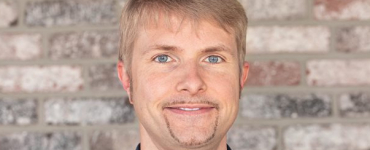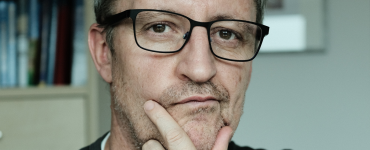The Covid-19 pandemic is serving as a digital accelerator. This is having a particularly profound impact on our working world, says Lucia Falkenberg, Head of the New Work Competence Group and CPO at eco – Association of the Internet Industry. She expects the next evolutionary stage of the working world to come through artificial intelligence (AI):
Ms Falkenberg, how has our working world changed during the times of the Covid-19 pandemic?
We’ve all experienced it. In spring 2020, from one week to the next, the tried-and-tested work structures were no longer usable. Open-plan offices, presence meetings and business trips became outdated. Today, collaboration tools and digital workplaces are building the technological bridge between people in the home office. This has many positive effects: Almost 75 per cent of German employees associate advantages with the increasing digitalisation of their everyday working life, for example increased work efficiency or a better work-life balance. Many are also more motivated at home, a fact highlighted in a German survey commissioned by eco.
So Covid-19 is having a strong impact on our working environment?
The pandemic is not the trigger but the accelerator of a development that has been taking shape for years. The future of work has begun, especially in the Internet industry. Despite all the advantages it offers, this demands a lot from people. In many cases, the processes and culture of companies are still adapting to the new conditions. It is sometimes more difficult to distinguish between private and professional life in the home office, especially when childcare tasks are added. Many companies had initially put IT security aspects on hold and now have to rework them. Law-makers are also faced with challenges. They must work even harder than before to adapt the regulatory framework to current developments.
What changes do you expect to see in the coming years?
We are set to witness major changes through the use of artificial intelligence (AI), which is permeating our working environments more and more and leading to a fundamental transformation. On the strength of AI, work does not simply disappear, but merely changes. Physically stressful, repetitive and activities devoid of meaning are then replaced by creative and communicative tasks. For this to succeed, we need further cultural and societal evolution to convince sceptics: some people fear losing jobs. But often the opposite is the case. AI-based recruiting will also help us to overcome existing differences in opportunities if the underlying algorithms are free of bias. In the working world changed by AI, diversity and lifelong learning will become success factors.
Ms Falkenberg, thank you very much for the interview!




